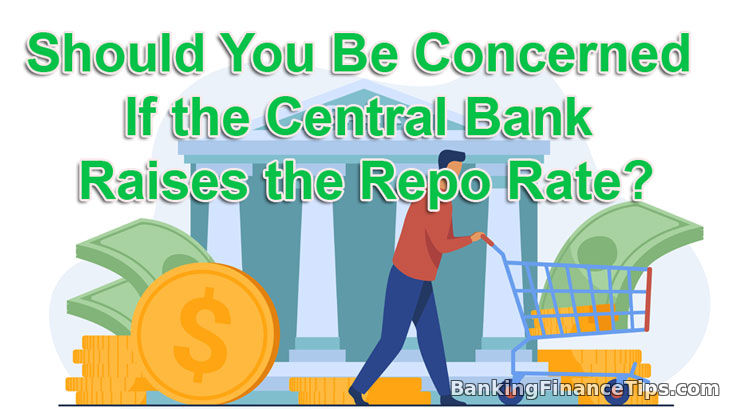
The Reserve Bank of India is another name for the country's central bank in India (RBI). The RBI develops and projects banking regulations. When they raised the repo rate by 25 basis points, they recently came to light. The RBI has raised the repo rate twice in the last four years. At 6.50% today, the rate is 50 basis points higher than it was at 6.00% four years ago.
A Repo Rate definition
When commercial banks are unable to keep an adequate balance, the central bank will lend them money at a repo rate. The central bank makes the call on this balance (RBI). A commercial bank may borrow money from the RBI with interest if it is unable to keep such a balance.
What caused the RBI to raise the repo rate?
RBI raised the rate to meet their goal of keeping inflation at or below 4%. This rate increase causes a series of things to happen. Due to the high repo rate, banks will borrow less money from the RBI. As a result, they won't have enough money to lend the customer. The leftover funds will be lent at a higher interest rate. As a result, many clients will refrain from applying for loans, hence lowering demand. Long-term inflation will be reduced by this.
Should we be concerned about the rise in this rate?
Yes. Commercial banks raise the interest rates on various loans, including personal loans, mortgages, and other loans, when the RBI raises the Repo rate. The consumer must then deal with this effect because the EMI will rise as a result of the rising interest rate. It's true that if your loan has a floating rate of interest, the EMI will change depending on the state of the market and when the RBI raises the repo rate. As a result, the customer will now pay a higher debt load than previously. It might make sense to think about partially or entirely prepaying loans when the amount of debt grows.